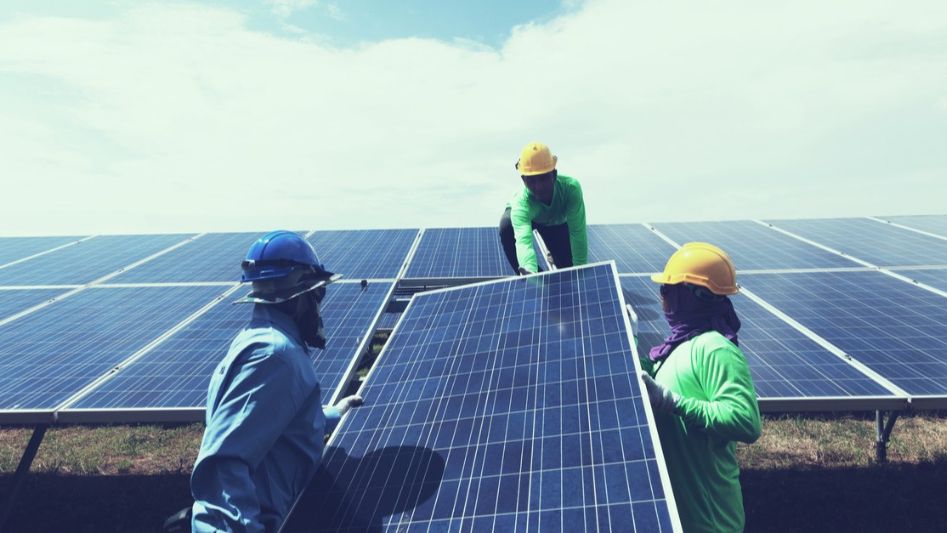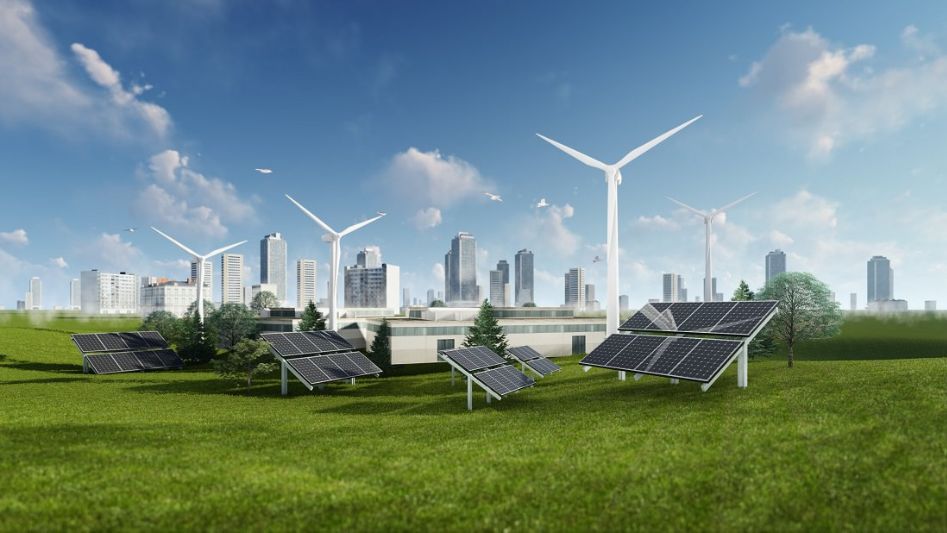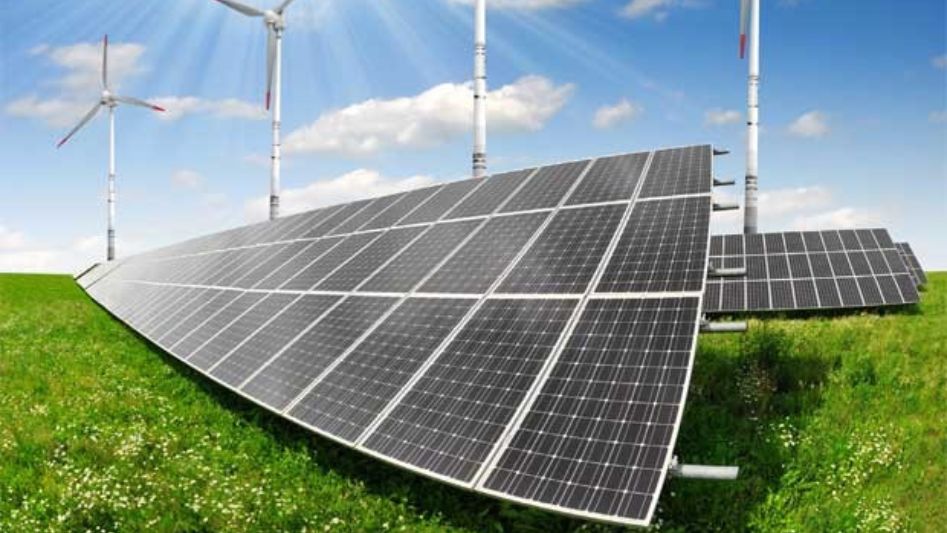In recent years, the world has witnessed a growing urgency to address the challenges posed by climate change. The shift towards green energy sources has become a central focus in the global effort to reduce carbon emissions and mitigate the effects of global warming. One of the remarkable aspects of this transition is the significant role it plays in job creation. In this article, we will explore the relationship between green energy and job creation, highlighting how the renewable energy sector is driving economic growth while helping to build a more sustainable future.
Table of Contents

The Green Energy Revolution
The green energy revolution encompasses a wide range of technologies and practices designed to harness renewable and clean energy sources. These sources include solar power, wind energy, hydroelectric power, geothermal energy, and bioenergy. Unlike fossil fuels, which contribute to pollution and greenhouse gas emissions, green energy sources are sustainable, emit little to no greenhouse gases, and have a minimal environmental footprint.
Job Creation in the Renewable Energy Sector
One of the most compelling reasons to transition to green energy sources is the significant job creation potential. The renewable energy sector has experienced explosive growth in recent years, and it continues to be a major driver of employment opportunities. Here’s how green energy is contributing to job creation:
1. Solar Power Industry
The solar power industry is a shining example of how green energy is creating jobs. Solar panel manufacturing, installation, and maintenance require a skilled workforce. As the demand for solar energy systems increases, so does the need for solar technicians, engineers, project managers, and sales representatives.
2. Wind Energy
Wind energy is another rapidly growing sector. Wind farms, both onshore and offshore, require technicians for maintenance, engineers for design and development, and skilled labor for construction. Wind energy projects often stimulate local economies, creating jobs in rural areas where economic opportunities may be limited.
3. Hydropower and Biomass
Hydropower and biomass energy generation also play a crucial role in job creation. These technologies require the operation and maintenance of power plants, as well as the management of sustainable fuel sources. In many regions, these jobs help support local communities and boost rural economies.
4. Energy Efficiency
Improving energy efficiency is another key aspect of the green energy revolution. Retrofitting buildings, upgrading infrastructure, and implementing energy-efficient technologies create jobs in construction, engineering, and energy management. These efforts not only reduce energy consumption but also lower utility bills for businesses and homeowners.

The Economic Benefits of Green Energy
Apart from job creation, green energy offers several economic advantages:
1. Energy Independence
By shifting away from fossil fuels, countries can reduce their dependence on imported oil and gas, which can be subject to price fluctuations and geopolitical tensions. This fosters energy security and economic stability.
2. Innovation and Research
Investing in green energy stimulates innovation and research in renewable technologies. This not only creates high-tech job opportunities but also positions countries at the forefront of the global clean energy market.
3. Reduced Environmental Costs
Green energy mitigates the environmental and health costs associated with pollution and climate change. By reducing healthcare expenditures and environmental cleanup costs, it frees up resources for other economic investments.
Government Policies and Initiatives
Government policies and initiatives play a crucial role in accelerating the transition to green energy and maximizing job creation. These can include tax incentives, subsidies, research grants, and regulations that encourage the adoption of renewable energy technologies. Additionally, countries can set ambitious renewable energy targets to drive investment and create jobs in the sector.

Conclusion
The transition to green energy is not just about mitigating climate change; it’s also about building a sustainable and prosperous future. Job creation in the renewable energy sector is a testament to the economic viability of clean energy sources. As governments, businesses, and individuals increasingly recognize the benefits of green energy, the growth of this sector is expected to continue, offering job opportunities and driving economic growth while safeguarding the planet for future generations. Embracing green energy isn’t just an environmental imperative; it’s an economic one too.
FAQs
How does green energy contribute to job creation?
Green energy sources like solar, wind, and hydropower create jobs in manufacturing, installation, maintenance, and more, driving employment growth.
What are the economic benefits of green energy?
Green energy promotes energy independence, fosters innovation, reduces environmental costs, and stimulates research, contributing to economic stability and growth.
What role do government policies play in green energy development?
Government policies, such as incentives, subsidies, and regulations, play a vital role in accelerating the adoption of renewable energy technologies and maximizing job opportunities.
You May Also Like
- GEOTHERMAL ENERGY: EARTH’S HIDDEN SOURCE OF SUSTAINABLE HEAT
- INVESTING IN A SUSTAINABLE FUTURE: UNDERSTANDING THE POWER OF ESG
- THE ECONOMICS OF GREEN ENERGY: INVESTING IN A SUSTAINABLE FUTURE
- A SUSTAINABLE FUTURE: HOW GREEN ENERGY IS CHANGING THE WORLD
- THE IMPORTANCE OF SUSTAINABLE BUILDING DESIGN FOR A GREEN FUTURE
